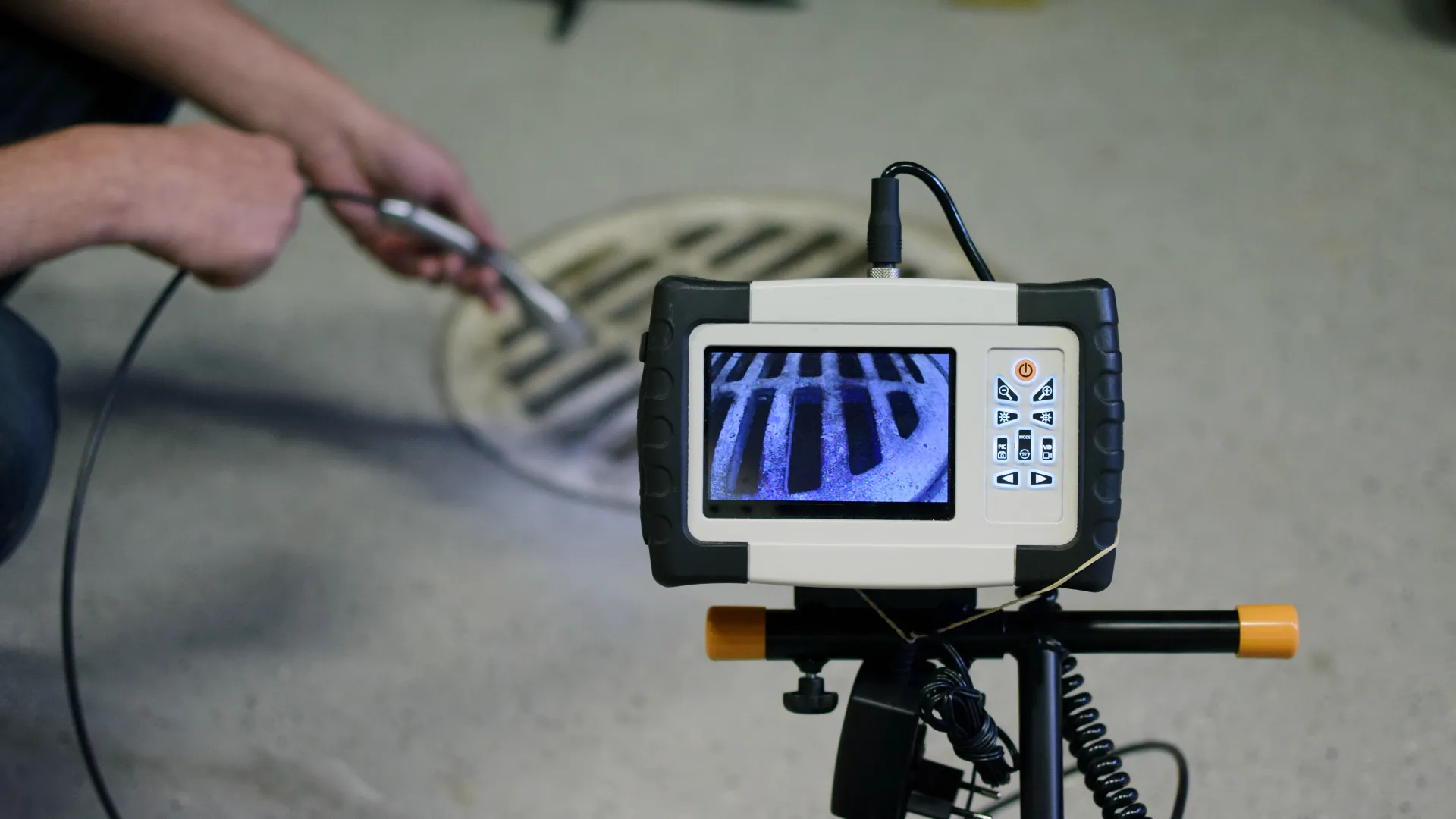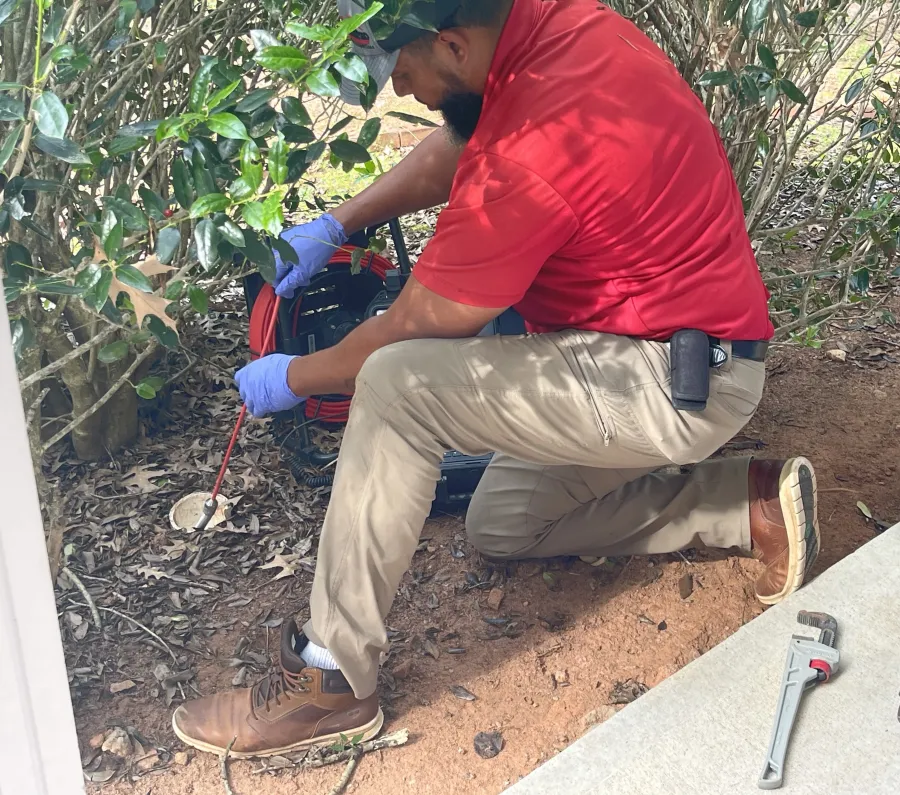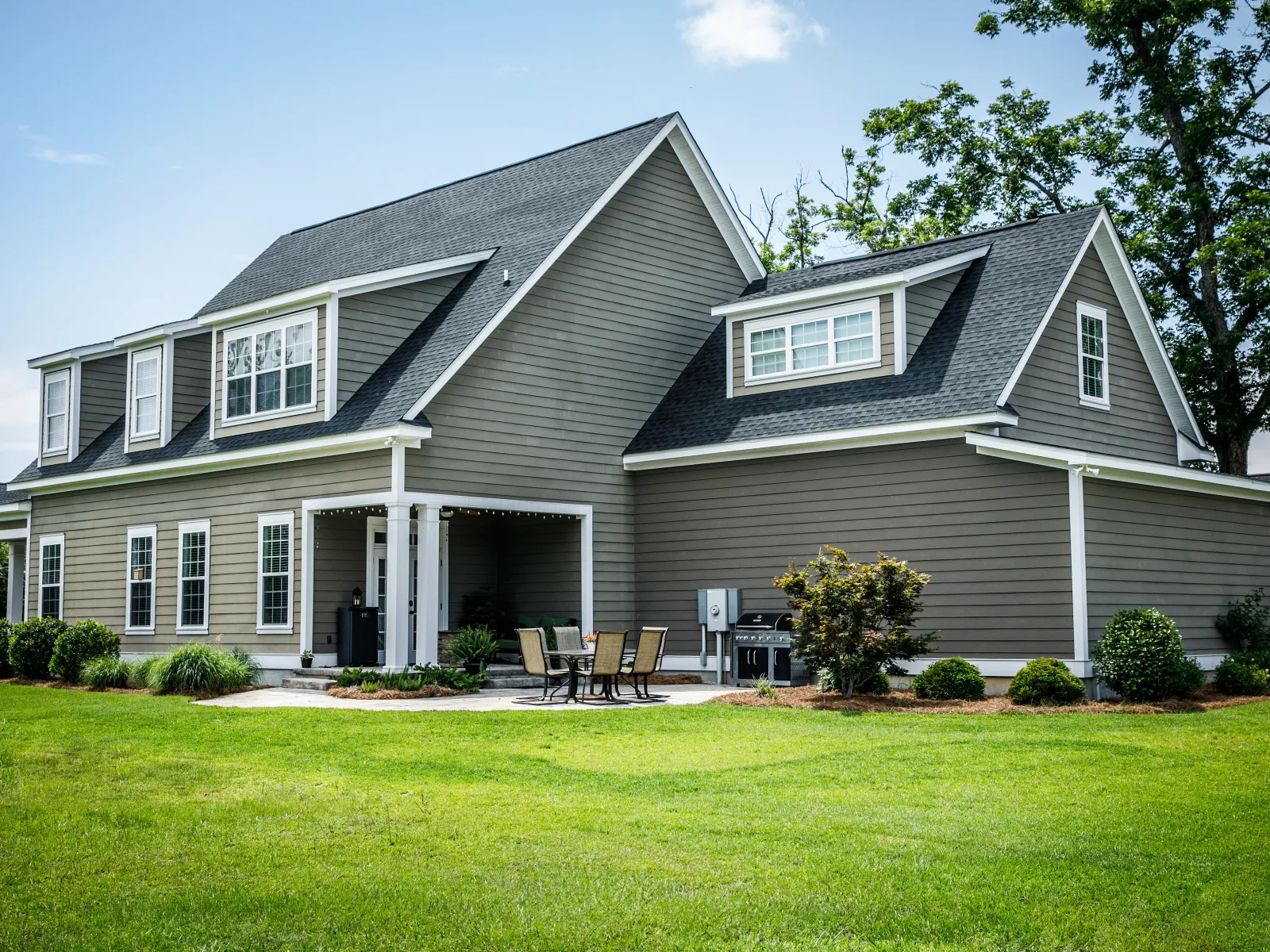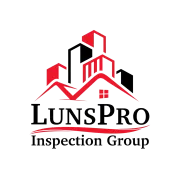
Sewer Scope Inspections

What is a Sewer Scope?
Performed by one of our certified inspectors, a sewer scope inspection uses a video attached to a snake-like cable to examine the home's sewer line. This privately-owned pipe leads from the house to the publicly owned main sewer line or septic tank.
Sewer scope inspections can reveal damage to the pipes, blockages, and other problems. It can also spot potential problem areas before they develop into serious issues or hazards. After the inspection, clients will receive a report with findings and recommendations.
Why Choose LunsPro?
See how our standard inspection services stack up to the competition
LunsPro Home Inspections
Our Competitors
Services Offered
LunsPro Home Inspections
Our Competitors
Drones used on all inspections
Most home inspectors are not FAA licensed
Infrared used on all inspections
Typically additional costs associated
Termite, Radon, Mold, Sewer & More
Most inspectors are unable to provide this
Same day, next day and weekend availability
Most inspectors are unable to provide this

What types of homes should have this inspection?
We recommend a sewer scope no matter the age of the home, even new construction, as you never know what construction debris can end up finding its way in the pipes. Our certified inspectors are able to inspect up to 120 feet of pipe to find things like root intrusion, sagging pipe, grease build up, blockages, and more. This could save thousands of dollars in repairs by identifying problems now.
Frequently Asked Questions
Q What is the purpose of a sewer scope?
A sewer scope is a video/photo inspection of the lateral sewer line from the house at or near the foundation to the city, HOA tap, or the septic tank. The purpose of a sewer scope is to discover and report defects that are visible in the lateral sewer line. These include but aren't limited to root intrusion, grease build up, rodents, blockages (including construction debris), sagging pipes, and much more!
Q Should I Get a Sewer Scope Inspection?
Absolutely. The sewer line is often one of the most costly things to repair in a home. Getting a sewer scope inspection can help you avoid investing in a home that has serious issues with the sewer/septic system. There are many things that can cause issues with your sewer line, especially in older homes, new construction, or homes with trees.
Q I have a new home that was just built. Why do I need a Sewer Scope?
We have seen dozens of cases where construction debris has gotten into the sewer/septic lines. These blockages are so bad because of the size and amount that has been put in there during the construction process. So it is very important with new construction to have a sewer scope inspection.
Q What do I do with roots in my sewer line?
The most common tool professionals use for root removal is a mechanical auger or rooter. They'll feed the auger into the pipe all the way down to the obstruction, where it can chop up the roots like a saw. After the roots have been thoroughly chopped, the pipe can be flushed out. For more extensive damage, the piping needs to be dug up and replaced.
Q What is an offset in a sewer line?
One thing that sometimes creates a problem with sewer lines is when they become "offset". An offset sewer line mean that the joints no longer connect properly, to the point where the two sections of pipe no longer align. This can be a costly repair.
Q How do you perform your sewer scope inspections?
We perform our inspections through the main cleanout to the home. If these are not found or accessible, we will not be able to perform these, but a professional plumber should be able to, but will be more expensive.
Q Does homeowners insurance cover tree roots in sewer line?
In most cases, damage to the sewer line is caused by something excluded from standard homeowners insurance. For example, if the pipe damage is attributed to faulty construction or poor upkeep, repairs usually won't be covered. Damages resulting from floods, pests, earthquakes, or tree roots are typically also excluded.
Q I have PVC pipes. Should I be concerned about tree roots?
PVC pipes are more durable and do not break down as easily as other materials. Note where the trees are on your property, including the species they are. All that being said, we see many cases where the roots have penetrated PVC pipes, especially in the joints.
Q When will I receive my inspection report?
You'll receive the inspection report on the same day as the inspection!
Q How soon can I schedule an inspection?
We offer flexible scheduling and can often accommodate appointments within a few days, depending on your location and inspector availability.




